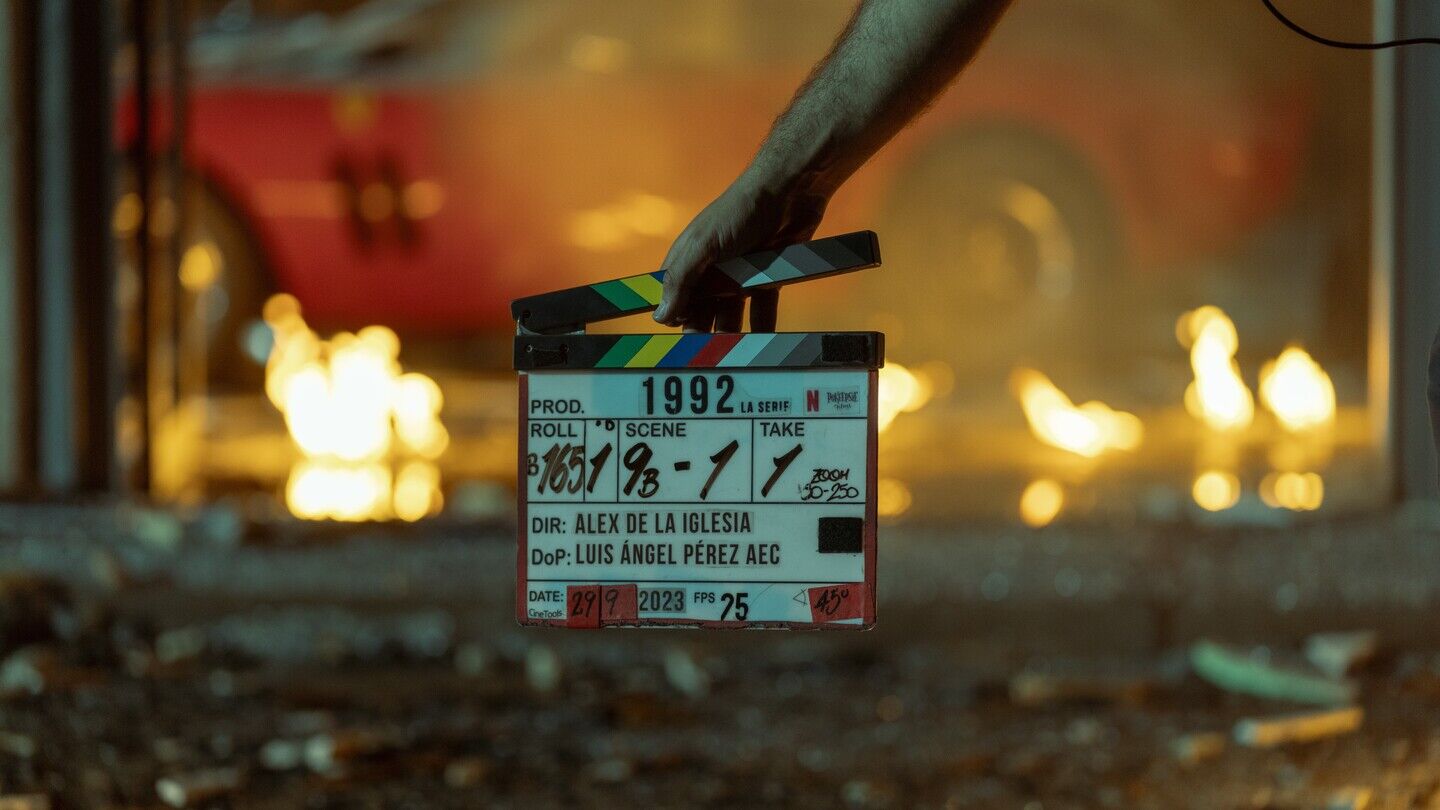From interactive episodes of Black Mirror to Bear Grylls’ latest series, Netflix’s post-production operation and supply chain is responsible for servicing the insatiable appetite for original content that will see it deliver more than 1,000 branded shows this year.
The Netflix supply chain, which underpins its rapid growth, is set to become even more integral to everything from editorial to user experience as it attempts to become the most innovative content creator on the planet.
“Where companies like Netflix are producing content at unprecedented levels of complexity, quality and velocity, we need to rethink what...
You are not signed in
Only registered users can read the rest of this article.
Vertical dramas: Market disruptor or passing fancy?
As studios begin to embrace the potential of vertical micro-dramas, should their rise be dismissed as merely a fad or a profound shift in the production, consumption and gender-bias of global storytelling?

ISE 2026: Thriving on an integrated identity
A show that mixes a vast number of different business areas shouldn’t work, but it does because the underlying technology is finally integrated.

Winter Wonderland: All the tech at the Milano Cortina Olympics
Between first-person-view drones, expanded real-time 360° replays, and a massive virtualised production setup, Milano Cortina 2026 is set to be a major step forward in immersive, scalable, and sustainable Olympic broadcasting.

Creator. Experience. Streaming: The new economies of broadcast AV
As brands, corporates, and creators claim their stake in the content landscape, the boundaries between broadcast and professional AV are dissolving. No longer just a convergence, the broadcast AV landscape is now shaped by new economies of creation, experience, and streaming.

AI and the media revolution: A look ahead to 2026
January has only just come to an end, but we are already looking ahead to the next IBC, which takes place as usual at the Amsterdam RAI in September. In the meantime, Content Everywhere companies are polishing their crystal balls and making predictions about what might lie ahead for the video and streaming industry during the next 12 months.



